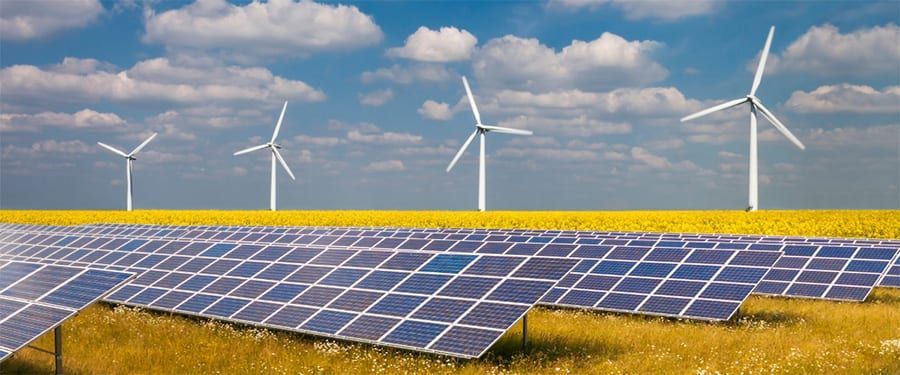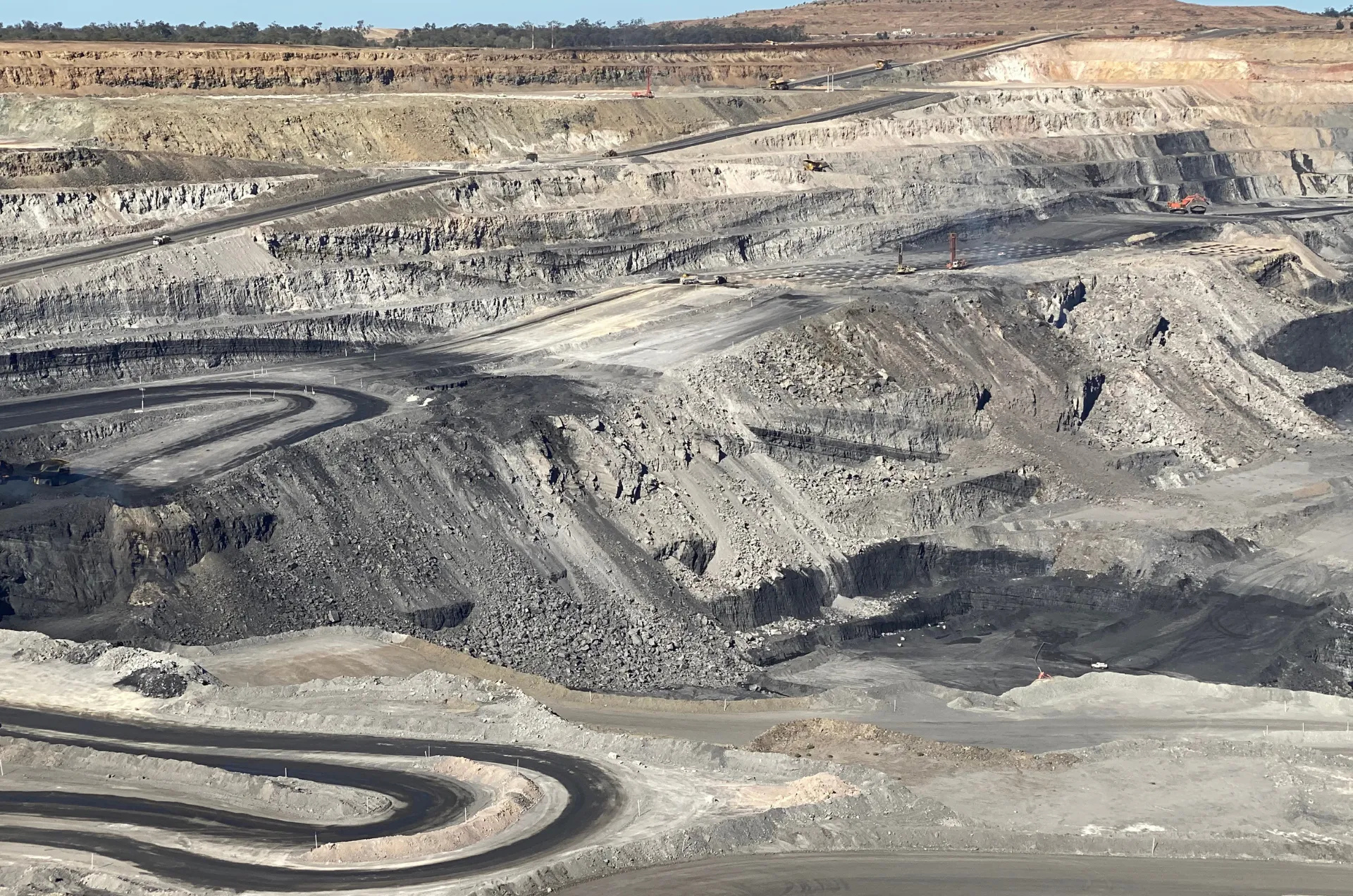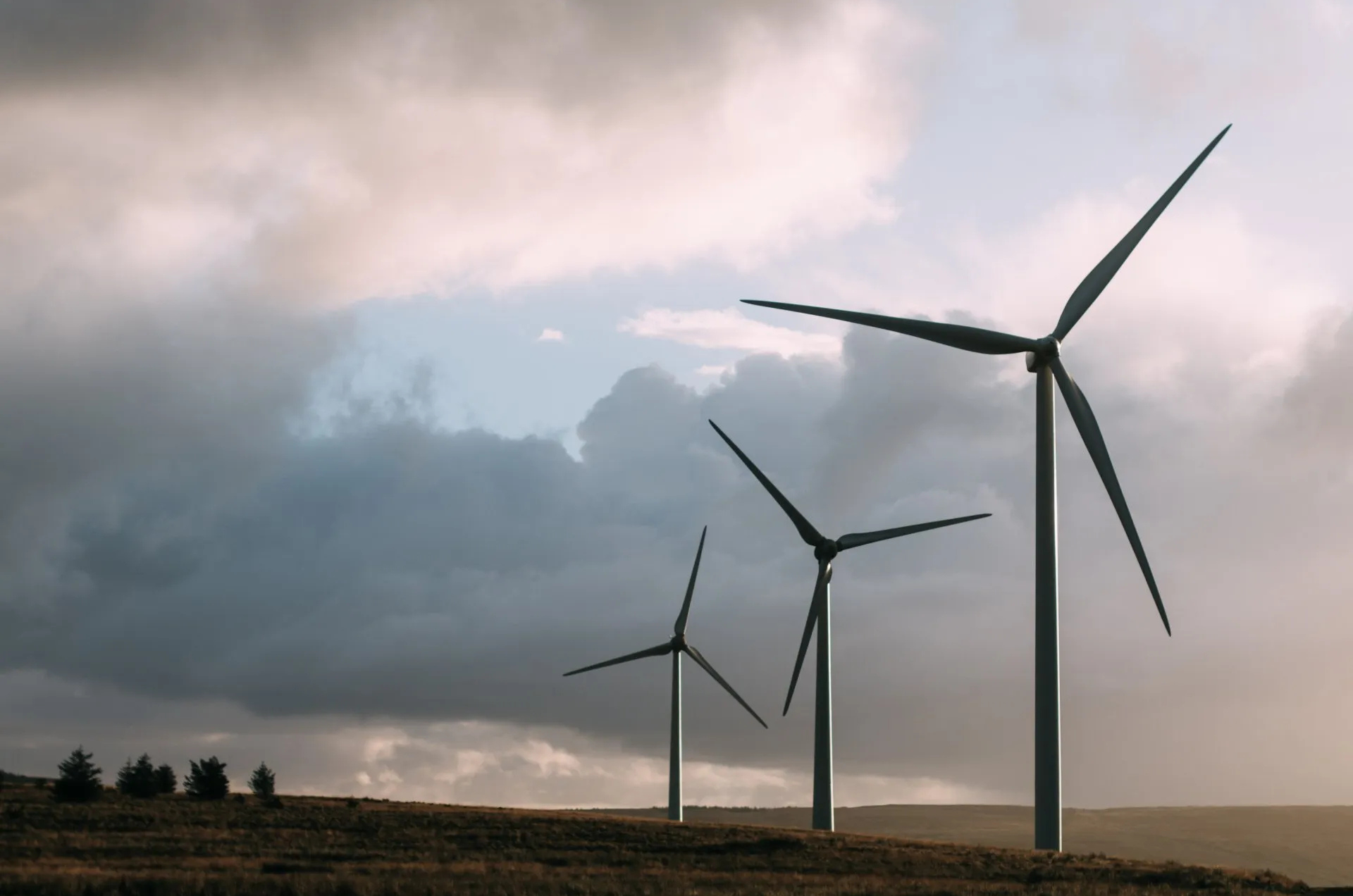The focus on Queensland’s, and indeed Australia’s, energy sector has increased at an incredible rate over the past decade. The developed world is slowly but steadily transitioning to renewable energy sources, or at least balancing it with the long-standing non-renewables, and in the midst of that we see a great deal of changes to the landscape, the beliefs, the needs, and the politics in Queensland.
Changes Happening in Queensland’s Energy Sector
Queensland is well known as a coal-producing state, with approximately 35 coal mines running at any one time. Coal-fired power stations continue to dominate the energy sector, but in regions such as Central Queensland there has been increased investment and development surrounding renewable energy sources.
Whilst wind farms have played a minor part in this, it’s not uncommon to see solar farms popping up around the state, making the most of the intense, and seemingly constant, sunshine. 2019 saw solar farm development on a steady increase with proposed farms topping the list of energy resources to be powering the state in the coming years.
Queensland Government’s Renewable Energy Target
The Queensland Government has targeted 2030 as the year to have the state using 50% renewable energy. Whilst this is considered a lofty target, it’s not out of reach, particularly when considering the volume of proposed solar farms in Queensland.
The Department of Natural Resources, Mines and Energy have indicated that Queensland is well on its way to that target, with expectation being that it will hit 20% by the end of 2020, almost double that of 2016 (as reported by Adept Economics ).
This target is being supported by $500M of Government-funded initiatives targeting schools, housing, remote communities, and funded grants for solar initiative projects.
But Is Renewable Energy Really Better?
The benefits of renewable energy sources are clear:
- At current usage, non-renewables like coal and natural gas WILL run out, so there is a need for something that won’t;
- Emissions from non-renewables are more damaging to the environment and health, so there is a need for cleaner energy;
- Renewable energy is cheaper to produce, resulting in reduced energy prices for the end user; and
- This whole new industry will create new labour forces and diversify existing skill sets.
Being something relatively new, there is still plenty of research and improvement to be done to refine the capture and storage of renewable energy. Additionally, Queensland’s infrastructure will need to be upgraded to make the most of renewable energy.
Recent studies have found that mining will still impact the environment, but not in the way you think. Rather than greenhouse gas emissions, the concern now is that the infrastructure required for renewable energy capture and storage requires other mined minerals , such as lithium, graphite, cobalt, zinc, titanium, copper, nickel and aluminium. The mining of these will need to be carefully planned and monitored to minimise or completely negate biodiversity risks.
So, given this information, is renewable energy better? In the long run, yes, the money invested in upgrading infrastructure, monitoring and managing biodiversity, and renewable energy research will improve an already cost-effective and environmentally profound energy plan.
Does This Signal An End To Coal Mining?
Of course not.
Coal mining may ultimately have a finite life, and environmental impact awareness has heightened phenomenally in recent years, but there is still a need for coal production.
Developing countries, such as India and China, are still reliant on coal as a cheap source of energy during a time of economic growth. On a grand scale, coal power still accounts for approximately 40% of the world’s electricity, not to mention use in the production of other resources like steel.
Any slow down for coal mining will be gradual, with transition and adaptation a key part for both the mining industry and the communities they service. The focus, for now, is not complete eradication of coal mining, but a balance that will help reduce stress on the environment as well as reducing stress on the mining industry, the Queensland economy, and the communities supported by coal mines.
There are certainly exciting times and innovations ahead of us as this new energy industry emerges. Our energy development history, and the knowledge we have gained through trial and error over the past 140 years, will certainly guide us towards making more practical and educated decisions about energy and our environment as we grow our reliability on renewable resources.




